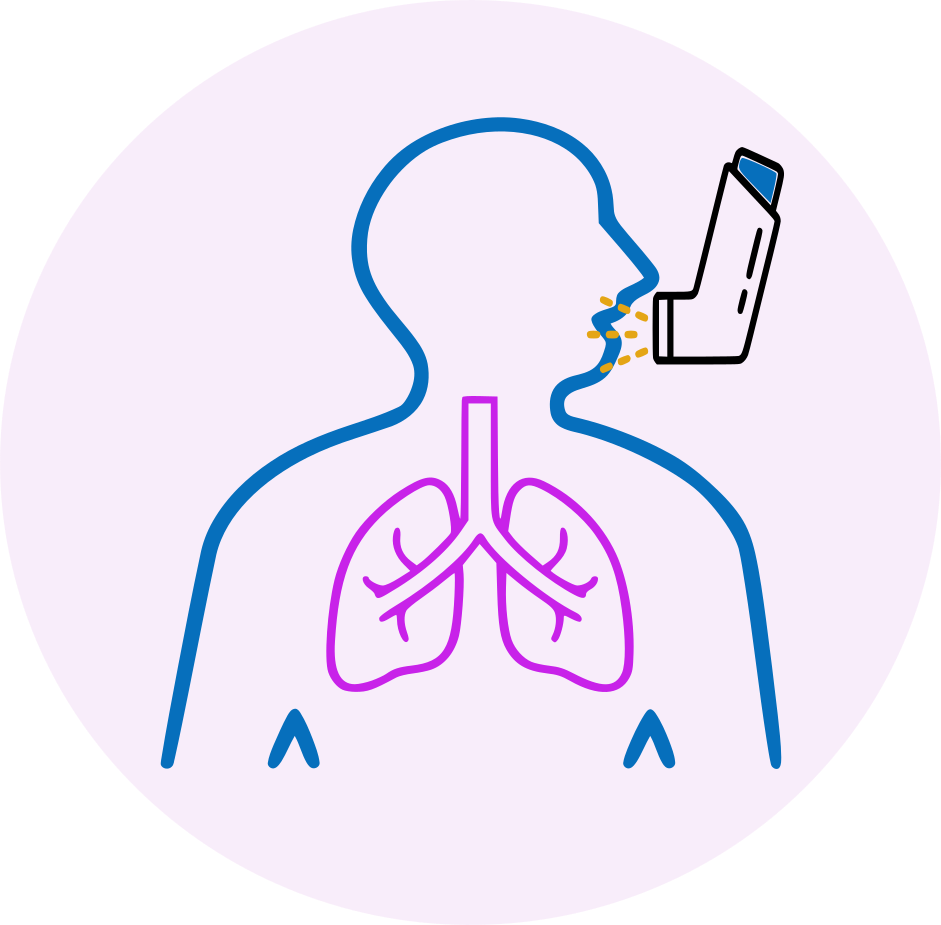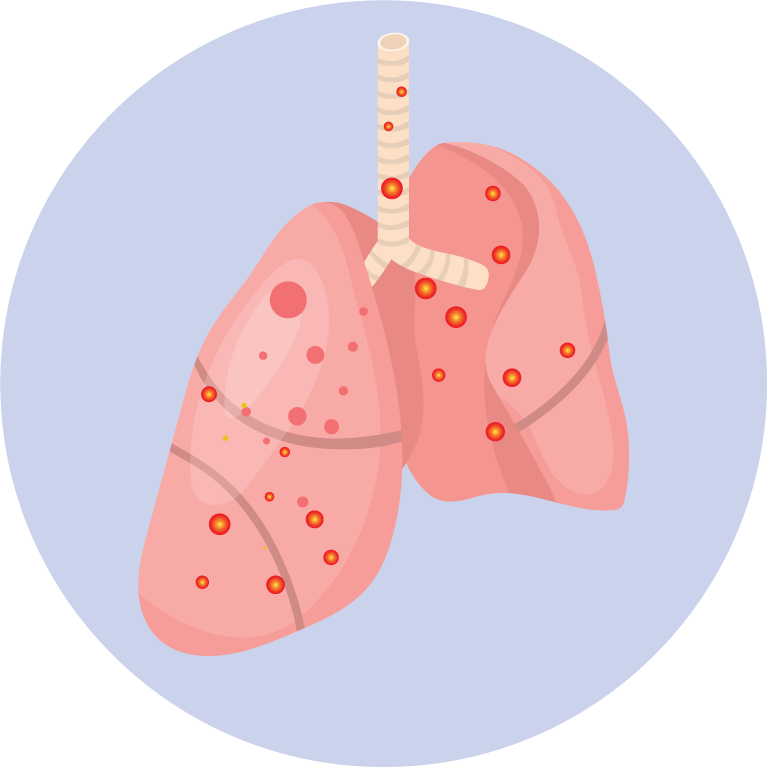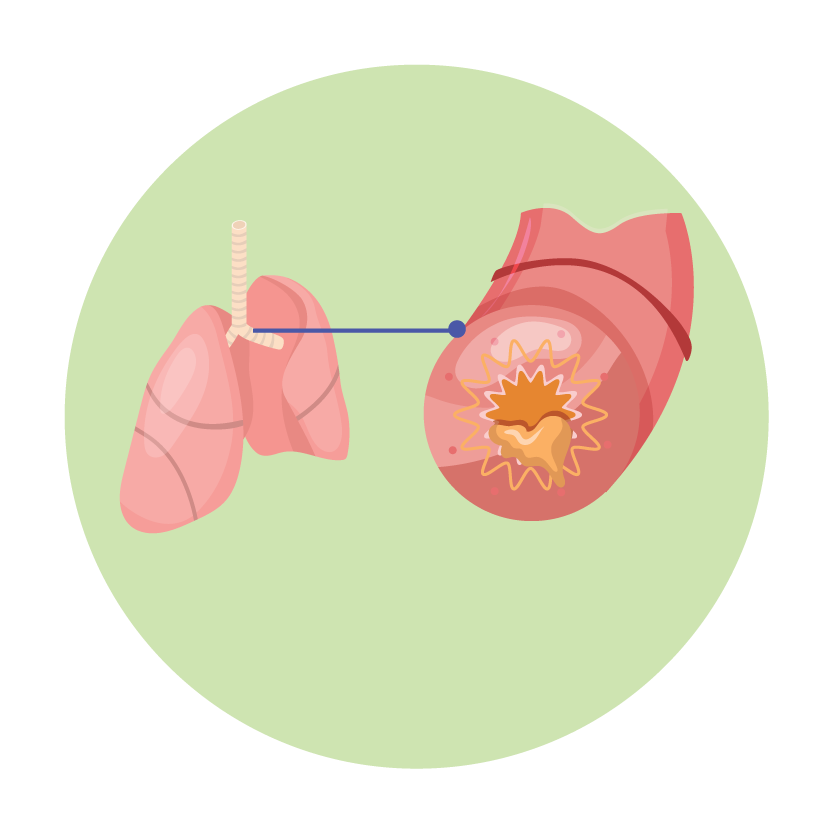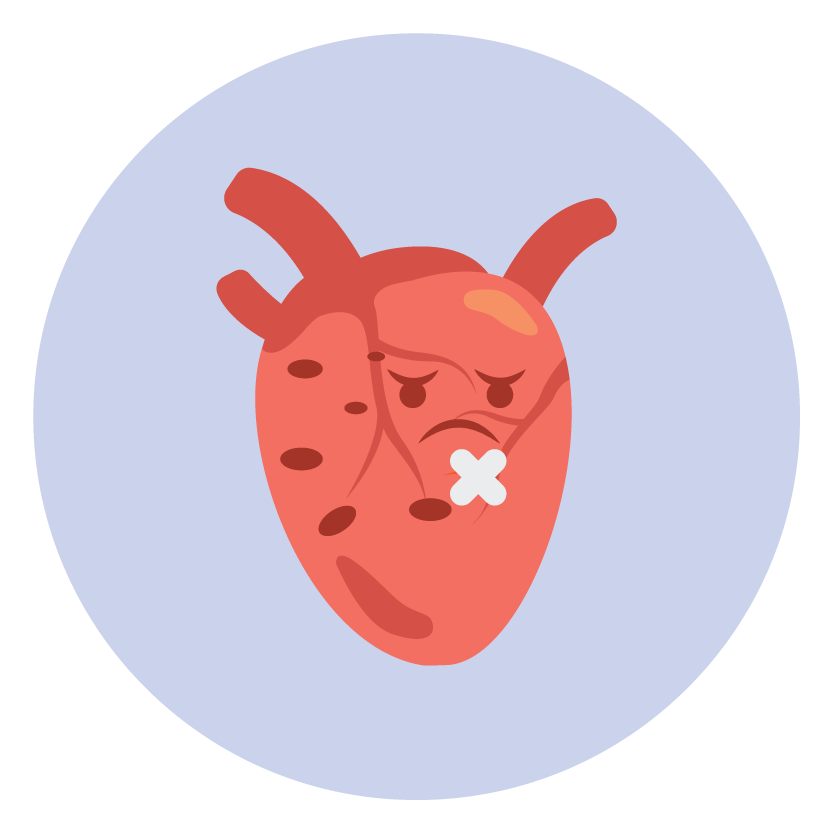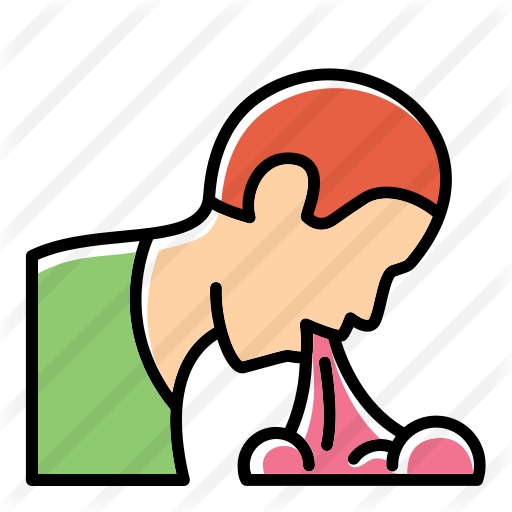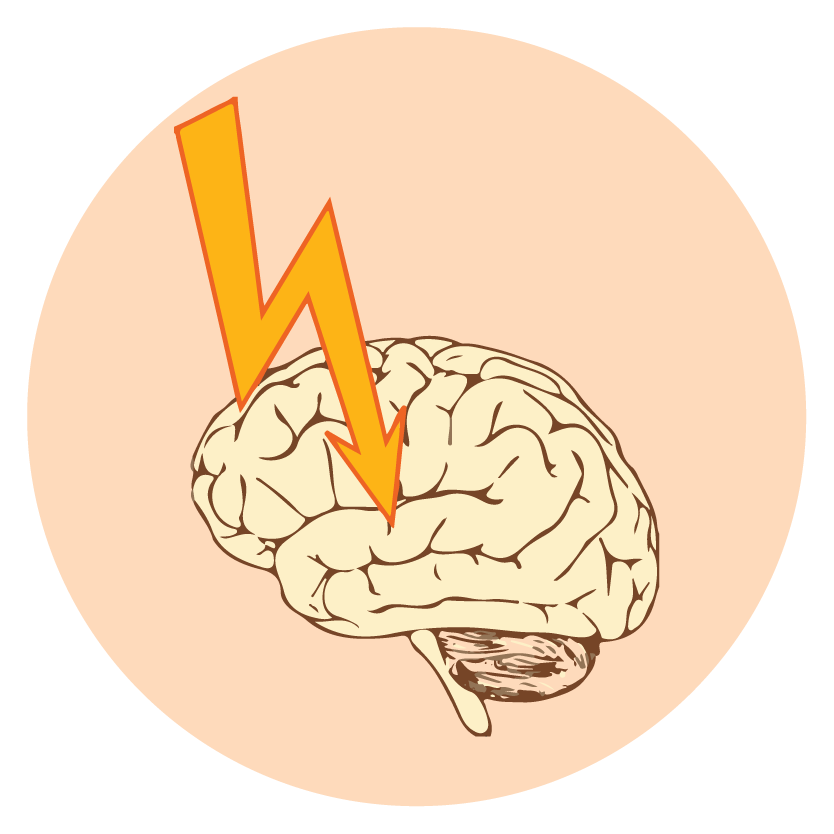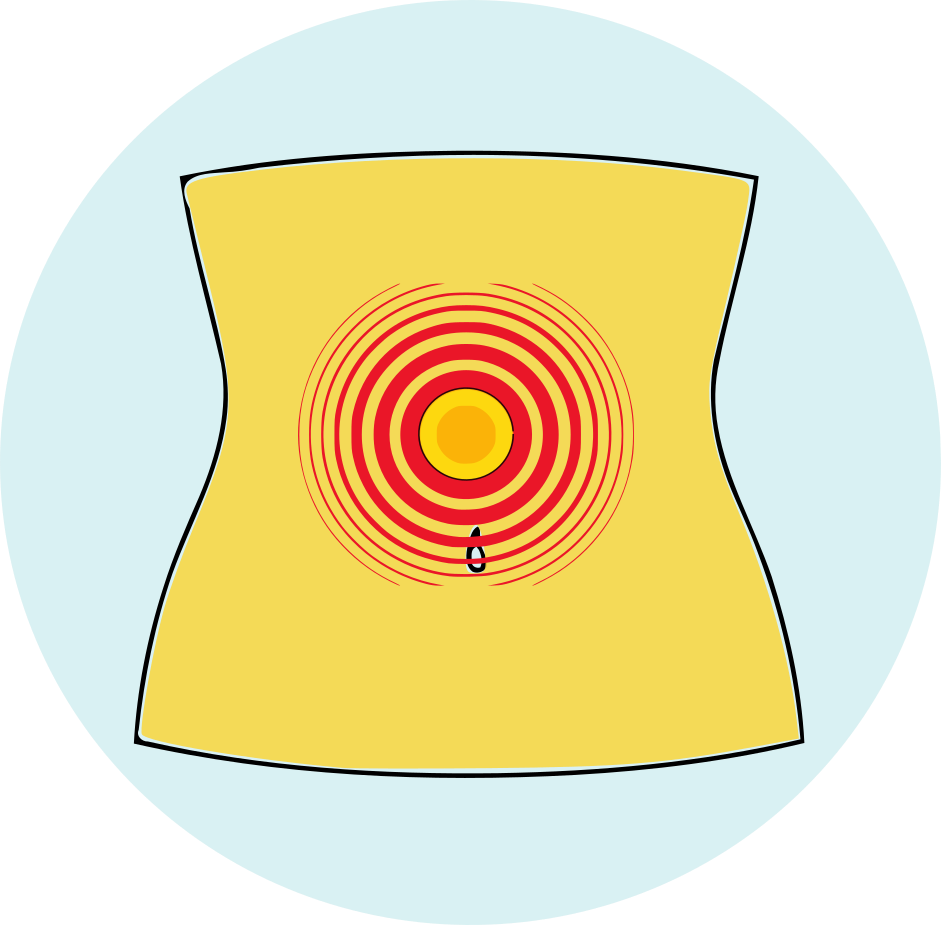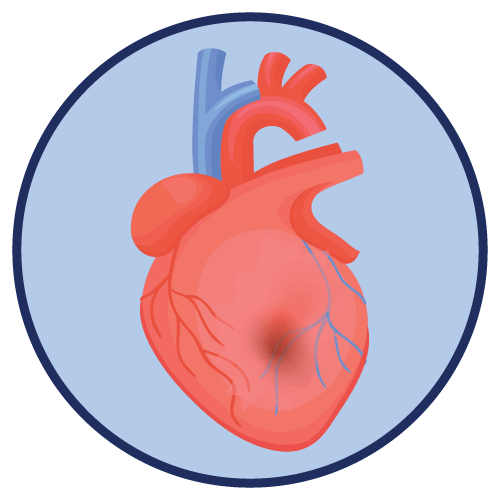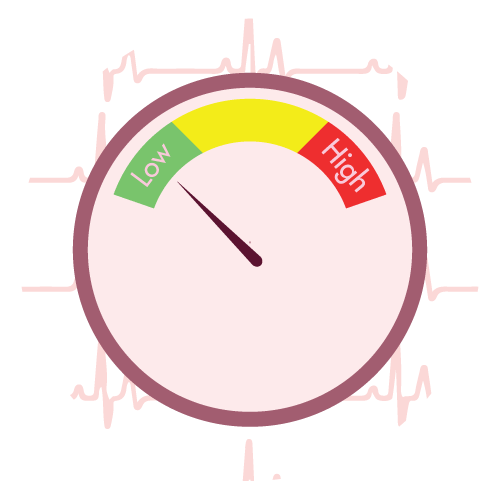| Name | Doxophylline |
| Classes |
Respiratory Agent Antiasthmatic Bronchodilator |
| Diseases |
Asthma Chronic Obstructive Pulmonary Disease (COPD) Respiratory Disease |
Doxophylline
Doxophylline is a bronchodilator. Additionally, it has an impact on a variety of cells that are implicated in the inflammatory processes linked to asthma and chronic obstructive pulmonary disease. Increased suppressor T-lymphocyte activity and a decline in neutrophil and eosinophil activity may be of greatest significance. These actions may help prevent inflammation in asthma and chronic obstructive pulmonary disease. Doxophylline blocks phosphodiesterase, an enzyme responsible for the degradation of cAMP in bronchial cells. As a result, it causes bronchial smooth muscle relaxation.
- Doxophylline is indicated for the treatment and prophylaxis of bronchospasm associated with asthma, chronic obstructive pulmonary disease and chronic bronchitis. It is also indicated for the treatment of left ventricular and congestive cardiac failure.
- Doxophylline should not be used as first drug of choice in the treatment of asthma in children.
- Adults: 400 mg tablet 2-3 times per day or as prescribed by your physician.
- Elderly: 200 mg 2-3 times daily.
Doxophylline is a well tolerated drug. But following side effects may occur in some patients-
- abdominal pain
- chest pain or discomfort
- fainting
- arrythmia
- lightheadedness
- vomiting
- palpitations
- seizures
- dizziness
- Dose reduction may be required in the following groups of patients-
-
- renal impairment
- hepatic impairment
- Patients with cardiac disease should use doxophylline with caution.
Contraindication
- Doxophylline is contraindicated in patients with hypersensitivity to methylxanthines such as-
- Concomitant administration with ephedrine in children less than 6 years of age (or less than 22 kg).
None known.
Doxophylline is contraindicated in-
- acute myocardial infarction
- hypotension
 Bangla
Bangla English
English